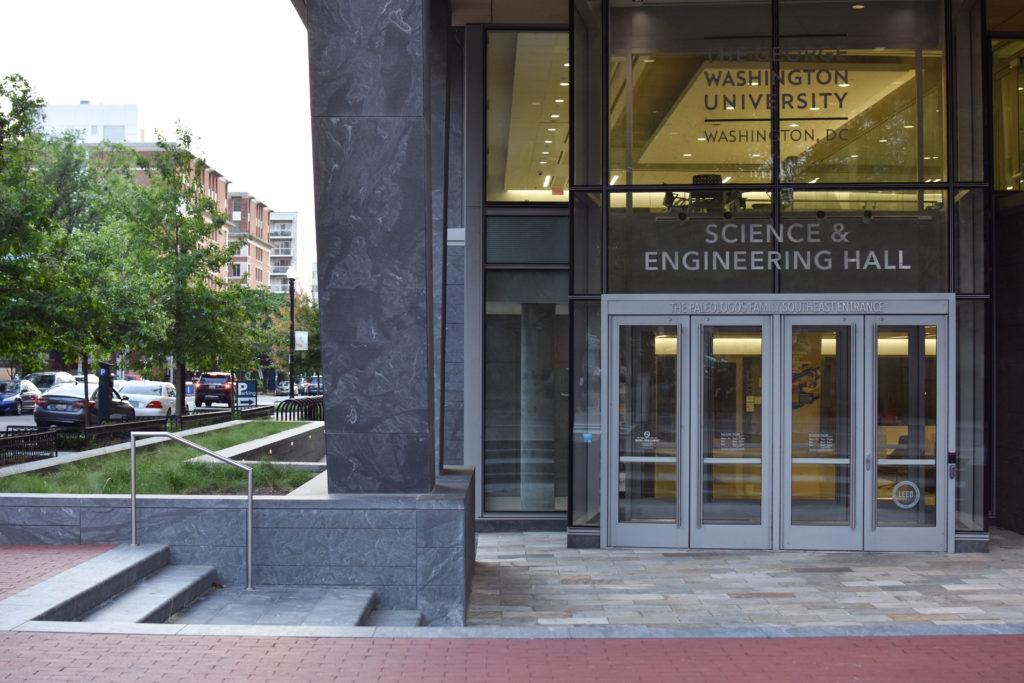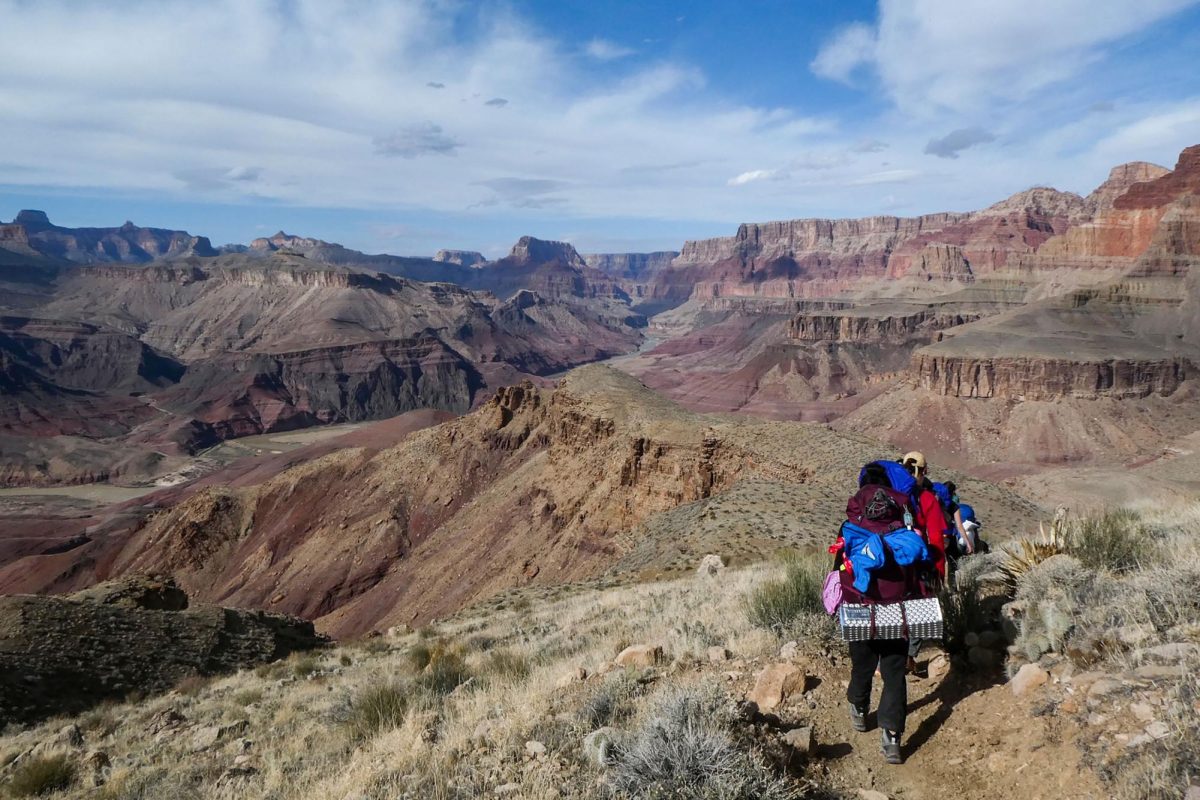A student-led group used their annual medical solutions competition this weekend to address patient-specific and systemic issues in health care relating to the COVID-19 pandemic.
George Hacks, a student-led group that hosts multiple events throughout the year for students to innovate solutions in health care, hosted its yearly hackathon event online for the first time. In light of the pandemic, students created solutions to ideas like finding an alternative to PPE or creating a user-friendly website to keep medical professionals up to date on the latest coronavirus research and guidelines.
Throughout the year, the George Hacks team connects and partners with health care organizations in and outside the District, like the Veterans Health Administration, which submit medical pitches for students to pursue at the event. The group received multiple COVID-19 pitches for students to find solutions to and construct prototypes of, like 3D-printed N95 masks, according to the George Hacks website.
Students spent the weekend designing and constructing solutions to the problems before showcasing them on Sunday to a panel of judges.
Second-year graduate student Karen Ruis, the director of George Hacks, said while participants were unable to meet in the basement of the Science and Engineering Hall this year, the group wanted to ensure students feel the same energy by hosting new workshops on programming software and a game night for teams to bond over Zoom. She said the group also sent items like George Hacks promotional materials and snack packs for participants to enjoy during the event.
“In the years past, we’ve always provided food as a way for students to eat,” Ruis said. “Food is there so you don’t have to worry about that and can continue to work on your problem statement and feed yourself while you’re doing that.”
She said participants formed teams of at least two students before choosing from the available pitches in one of three tracks brand new to this year’s competition – assistive technology, telemedicine and communication.
She said George Hacks decided this year to hold multiple workshops leading up to the hackathon to teach students how to navigate online programs, like computer-aided design software and technical computing, needed to build their projects. Previous inventions that have come from the competition include mobile health care applications or wheelchair prototypes, according to the group’s website.
Ruis said George Hacks hosted nine judges from partner health organizations like the International Virtual Reality and Healthcare Association and the University to select the winners. Five teams were selected as winners in their categories – best overall, best demo, best pitch, best AI implementation and best video creativity.
“We have always been proud of the quality of the events that we do host and the planning that we’ve done for the virtual space,” Ruis said. “I don’t think students will lose. So going from in person to virtual is different, but I think that we are still able to provide that platform that we have in years past.”
Christianne Chua, a second-year graduate student, said her role as technical director focused on gathering the health care innovation challenges and ensuring they were feasible for students to address. She said one of the largest challenges organizing the workshops and other activities up to the hackathon during the pandemic was making each event still feel interactive for students participating.
“Since we don’t have that face-to-face feedback, I feel like each one of us have had to put a lot more time with how we structure each of the workshops and the activities so that it still remains hands on but also fun and engaging and easy to follow along for students who are trying to learn these new skills,” Chua said.
Junior Giavanna Corazza, a biomedical engineering major and the group’s outreach director, said the event attracted nearly 50 participants from GW and other universities like Boston and George Mason as of Thursday. She said one of the benefits of holding the event online was having a greater number of international students registered from countries like India and England.
She added that the group worked to promote the event through social media and school newsletters to recruit students of different majors and experiences in engineering or computer applications. She said the group’s new workshops have focused on topics like how to pitch so students don’t feel “limited” by their skill set in any capacity.
“We don’t want all of our participants to be rooted necessarily within the engineering school or have engineering backgrounds,” Corazza said. “We highly value having people with different ideas, different mindsets, different attitudes toward different things, especially given that we focus on social impact.”
Corazza added the group partnered with the Office of Innovation and Entrepreneurship to invite representatives to speak to students about accelerator programs like the New Venture Competition and summer start-up accelerator program. She said the group aims to have a platform where students can not only find solutions to medical issues but also feel confident enough to pursue their idea after the competition.
“We’re entirely student-led but definitely have a large and expansive network throughout the campus community to make sure that students can continue their project in the way that they wish,” Corazza said.







